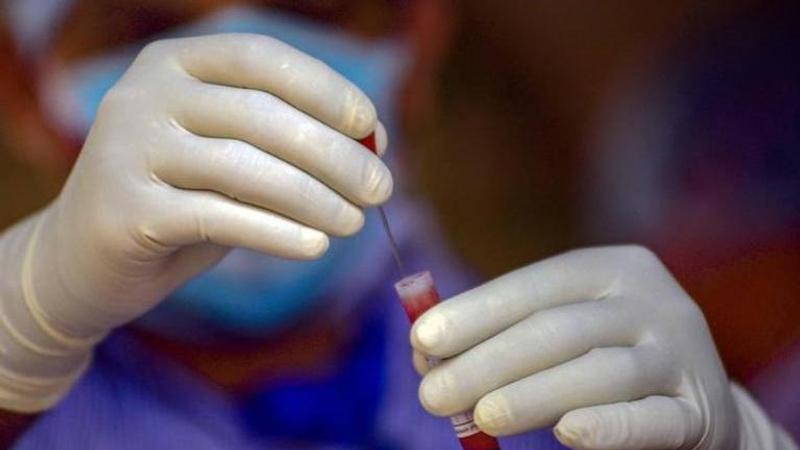Published 09:37 IST, April 25th 2020
Indians, ethnic minority medics in UK at high risk from COVID-19: Survey
Medical and healthcare professionals from Indian and the minority ethnic backgrounds fall into a higher risk category of contracting the deadly coronavirus in the UK, a first-of-its-kind survey among medics in the country has concluded.

Medical and healthcare professionals from Indian and the minority ethnic backgrounds fall into a higher risk category of contracting the deadly coronavirus in the UK, a first-of-its-kind survey among medics in the country has concluded. The Research and Innovation Forum of the British Association of Physicians of Indian Origin (BAPIO) conducted the week-long online survey between April 14 and 21 to determine risk factors and emerging concerns within healthcare professionals as wider community data began to reflect black, Asian and minority ethnic (BAME) vulnerabilities during the pandemic.
Around 2,003 respondents from all backgrounds returned the questionnaire, with the majority (66 per cent) being hospital doctors and primary care practitioners forming the second large group (24 per cent). Of those surveyed, 86 per cent were from BAME backgrounds, with South Asians forming the bulk of the sample at 75 per cent.
"This is the largest survey of its kind that involves BAME healthcare workers from all backgrounds. And the results are no surprise, that being of BAME background is a major risk factor for contracting the virus," said Dr Indranil Chakravorty, Chair of the BAPIO Research and Innovation Forum.
The survey also shows that a lack of personal protective equipment (PPE) is a major concern to medics and also confirms that being BAME is a significant independent risk factor in contracting COVID-19 irrespective of comorbidities – or the presence of one or more additional conditions co-occurring with a primary medical condition, such as obesity. The survey also found that 64 medical professionals reported being reprimanded for wearing or wanting PPE.
"We have been urging government to protect those who are vulnerable, so that frontline workers do not themselves fall ill," BAPIO President Ramesh Mehta said.
"BAPIO is very keen to do research in this area and we are looking to getting involved with large studies with partners such as Imperial College London to ensure we have the scientific evidence that can be applied in clinical practice," Mehta said.
The overall conclusion of the survey is that further research is crucial to establish the factors behind the higher risk faced by BAME communities of Britain during the pandemic.
"There are a number of areas highlighted in this important survey. Being BAME is a clear risk factor, and we need more sophisticated research into this area," said Dr JS Bamrah, BAPIO Chairman.
"Also testing was not available to a sizeable number so they may have been isolating needlessly, as well as the fact that the lack of appropriate PPEs remains a recurring issue for our frontline staff," he added.
The UK government has launched a review into the ethnic disparity of COVID-19 impact and also vowed to address the shortage of PPE among hospital and care home staff. The Opposition Labour Party set up its own separate review into the issue of BAME risk factors this week to push forward the timescale for solutions and steps that could be taken to address the issue.
Updated 09:37 IST, April 25th 2020




